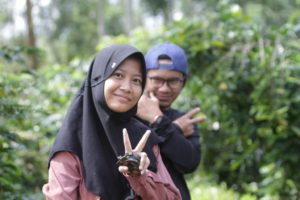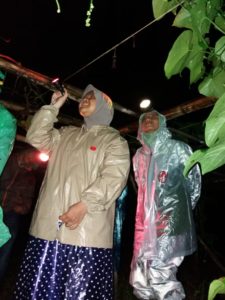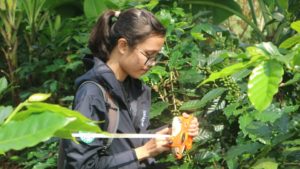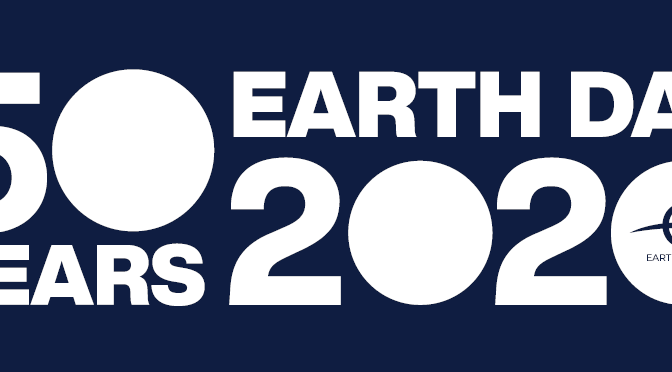Earth Day 2020 has got us thinking, what is it that we value most about Earth and what can we do to protect it? Here are some particularly poignant words from our volunteers and staff here at LFP.

First up is Laila, one of our wonderful volunteers who has been at LFP for over six months. For her, it is the wildlife that suffer because of our actions that is most important.
“Have you ever wondered why dragonfly, the mystical creature from your childhood are slowly disappearing? The answer is because we fail to think further that the way we are living are greatly affected the lives of many animals, including dragonfly. The small candy wraps thay you threw in your nearby river 10 years ago probably are still there, causing the river to become polluted and turning the river into a not-so-good place for the dragonfly to live. Mind you, they spend years living in the freshwater as a nymph. Every decision you make, as innocent as it might sound, have a great consequences in the future.
“Evolution is not linear, but I do hope our intelligence will only evolve to be significantly better than ever, so we will have a better understanding and judgement to these problem. We might dream to colonized other planet soon and leaving our lovely earth, but please try not to be an obnoxious tenant and leaving her in an unfavorable condition.”

Next up is one of the students working here at LFP, Halimah. Although Covid-19 is causing devastation across the globe, she believes it is giving Earth a well-needed break. Is this virus the only way we can reduce pollution?
“We know that the whole world is worried about the covid-19 pandemic, but this is the right time for the earth to rest. When the SARS Cov-2 virus spread throughout the world, every country began to urge its citizens not to carry out activities outside the home. This causes reduced air pollution in several places on earth and makes the sky on earth look brighter. Efforts to reduce air pollution were carried out several years ago, but no one has been able to provide significant results on reducing air pollution. Is there a need for problems that have a direct impact on humans to reduce problems on earth? I think each of us knows the answer. Let’s keep the earth better for every living thing that lives in it.”

Esther, our newest volunteer here, believes that a bit of community teamwork is what’s needed to solve many of the issues facing Earth.
“We celebrate the earth day today when there is pandemic of COVID-19. It is sad that so many people get infected. It is also sad that this newcomer virus are more popular than the climate change that the earth and all activist fight since 1990s. Some says that after this pandemic the earth might be hurt even more since every country wants to kick-start their economy. It is a big concern and we still have to think that this pandemic won’t stop the climate change, this crisis won’t impact positively to the environment for a long time. One thing that can be highlighted in this condition is that if each community look-out for each other, building awareness of the earth’s condition, and plan for their act in the future then maybe we can start all over again to make a better place for us to live. Let’s start that from this Earth Day 2020.”

And last but not least, our wonderful Research Assistant, Nabil. He believes that clean, non-polluted water systems are the key to preserving life on Earth.
“Happy Earth Day universe. Today, I was hoping for some breakthroughs to save the environment from its downturn, especially my biggest hope was the maintenance of clean watersheds (DAS in Indonesian). I think this is one of the important things that we must guard for our future and other living creatures because if there are no or only a few springs left, I convince myself that it will be a big problem for us and other living creatures and will disrupt the balance of our fragile ecosystem.”

It is clear that we are going to have to work hard to restore what we’ve lost and protect what’s remaining on Earth. But what’s most important is being aware. Without awareness, there will be no change, and without change, there will be no Earth as we know it. Spread the word, Earth depends on it!

